AO Edited
Jungle Habitat
This disastrous New Jersey safari park saw animal attacks, escapes, and disease before being abandoned.
Located in the woods of West Milford, New Jersey, Jungle Habitat was a Warner Brothers zoo and safari park that housed over 1,500 wild animals. The park opened to much fanfare in 1972. While the park was devoid of rides, it was divided into two sections, one for people on foot and another for people to drive their cars through.
The walking section featured the standard family zoo fare of the time such as camel rides, snack bars, a reptile house, and a petting zoo. Given the Warner Brothers sponsorship, there was also a live-action Looney Tunes show with actors in costumes. During the self-guided safari, drivers could see free roaming elephants, llamas, monkeys, and most startlingly, lions and tigers. The animals often walked right up to the vehicles, sometimes climbing on top of them. Unfortunately, shortly after the park opened it had its first accident when a visitor rolled his car windows down, taunted the lions, then was mauled by two of them. He survived the attack and admitted that he had provoked the animals. This was followed by a woman who was picked up by a baby elephant who had grabbed her arm with its trunk. Over the four year run of Jungle Habitat, there were multiple reports of animals escaping into the town of West Milford. The beasts looked out of place in the temperate New Jersey forest, but were truly lost in town. There was also also a rash of tuberculosis that spread among the park’s animals, forcing some to be put down.
Warner Brothers wanted to expand Jungle Habitat to include amusement park rides, but the idea was vehemently shot down by the people of West Milford. They were sick of the traffic and the noise and longed for peace and quiet. With no hope for additional revenue, Warner Brothers decided to cut its losses and closed the park in 1976. Lots of rumors have swirled since then, some quite heartbreaking, about what happened to the remaining creatures. However, the truth is that all of the animals were sent to live out the rest of their lives in other zoos and animal sanctuaries.
The park grounds are now a popular hiking and biking spot in a large public nature area. Visitors can still see the large sign scaffold as well as the remnants of animal enclosures and structures.
Know Before You Go
There is still a lot to see at Jungle Habitat. Wear comfortable shoes for walking the many trails, some of which are steep and overgrown. Look up a trail map before going as there are no signs.


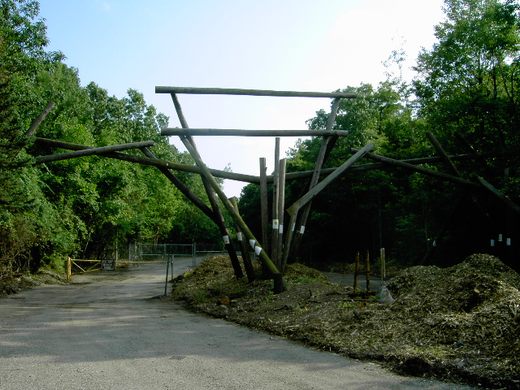

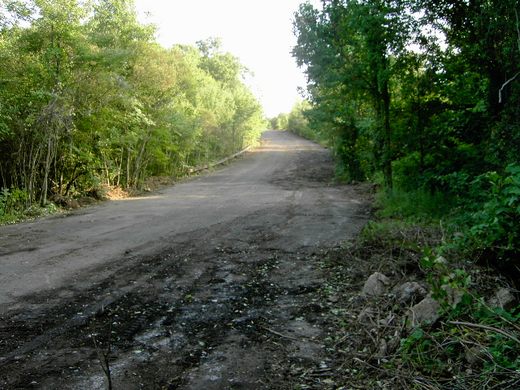


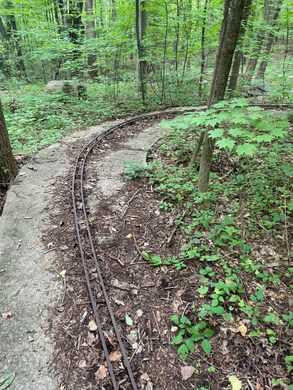







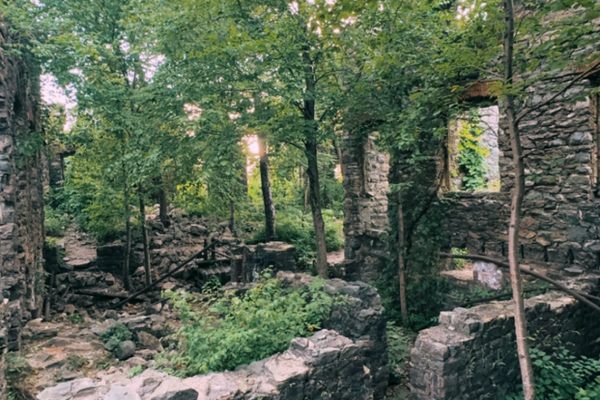

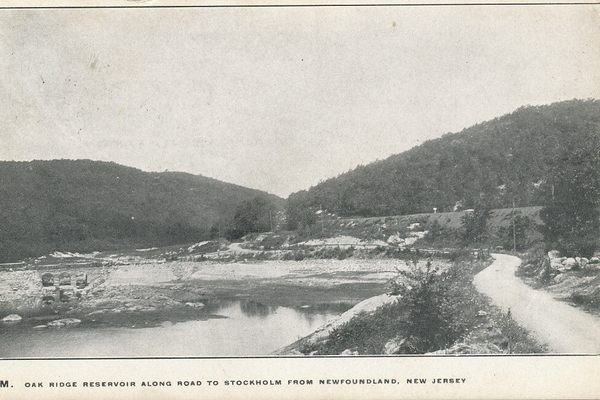
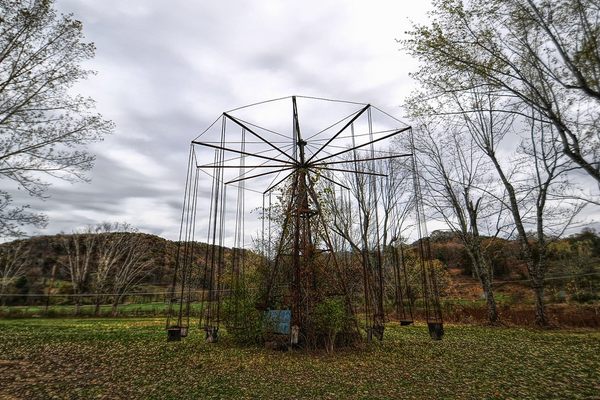

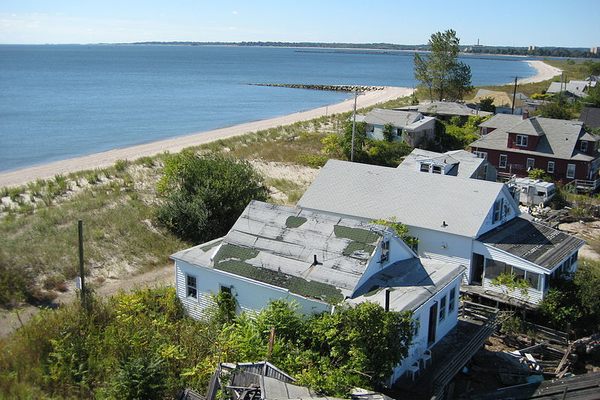

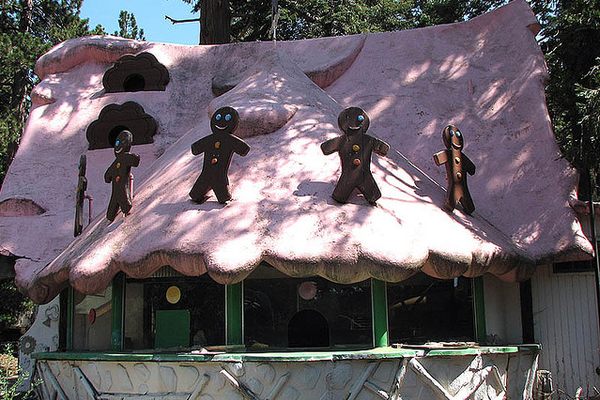

Follow us on Twitter to get the latest on the world's hidden wonders.
Like us on Facebook to get the latest on the world's hidden wonders.
Follow us on Twitter Like us on Facebook